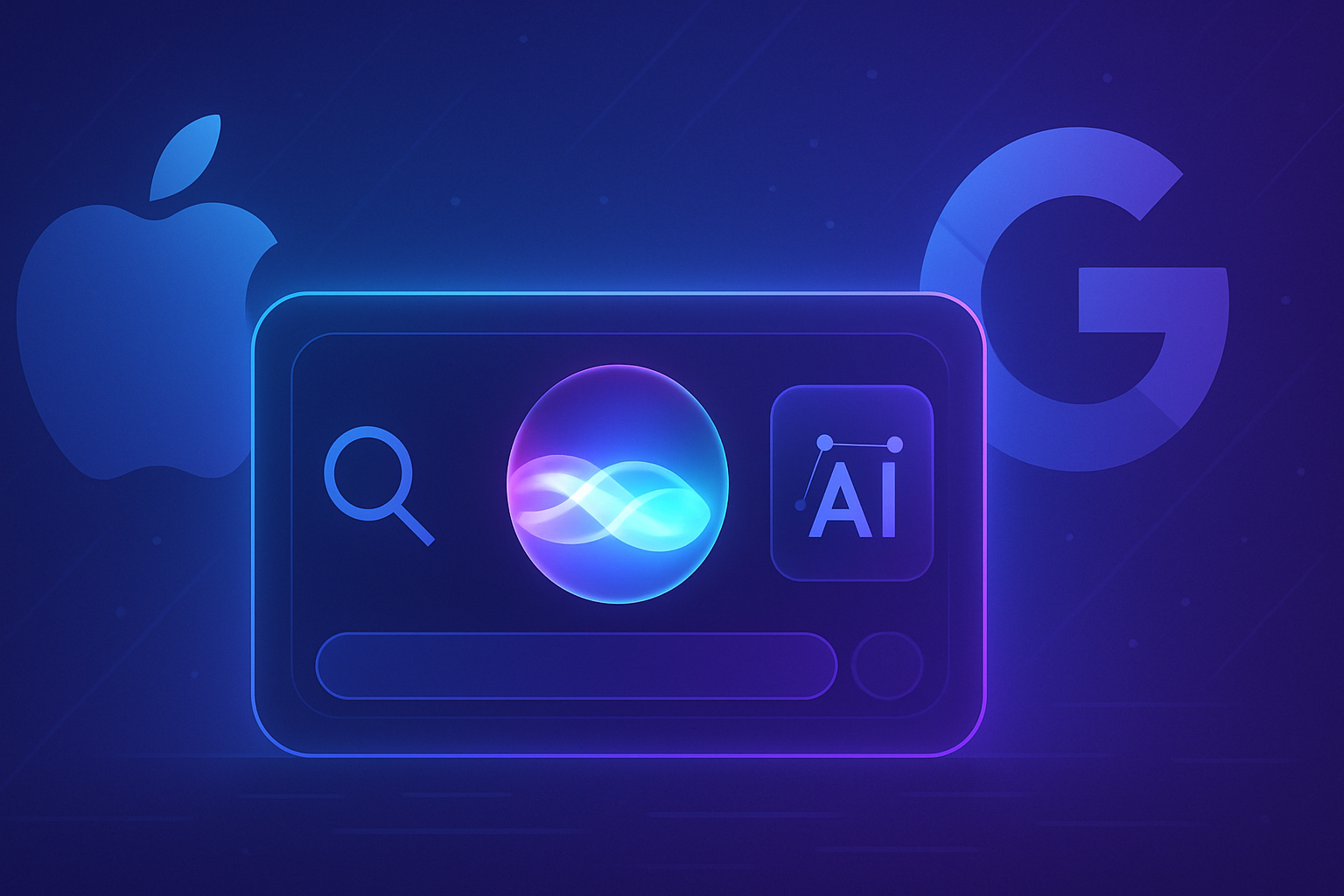The use of AI at work raises fundamental questions about social perception and professional reputation. A revealing study from Duke University indicates that, while AI tools undeniably bring efficiency, their use can lead to stigma. Many employees feel a negative judgment from their colleagues, questioning their competence and motivation. The implications of this trend go beyond mere interactions; they also impact recruitment dynamics.
The Acceptance of AI at Work
A recent study funded by personnel from Duke University highlights a troubling reality regarding the use of artificial intelligence (AI) tools in the workplace. Despite the undeniable ease that these technologies provide, they could generate a social stigma that impacts the perception of users’ competence and motivation.
The Study Results
The researchers engaged in four experiments with a sample of 4,400 participants. They found that employees using generative AI tools, such as those that create letters or code, anticipate a more negative evaluation of their performance. This phenomenon contrasts with those using non-generative tools, such as image analysis software.
The results clearly indicate that employees who use generative AI expect to be judged less favorably. This expectation is not merely a matter of personal projection, as observers do indeed render a negative judgment on these users regarding dedication, competence, and independence.
Consequences for Job Searching
Using AI could also harm hiring prospects. In a simulated recruitment scenario, managers frequently using AI tools exhibited some tolerance towards candidates employing these technologies. In contrast, those not using AI were less inclined to hire candidates using these tools.
Factors Mitigating Stigma
The condemnation of using AI tools disappears when they prove their beneficial involvement in the task at hand. Transparency plays a key role, especially if the employee clearly explains that they are using AI. However, the most determining factor remains the manager’s own use of AI.
A Barrier to Adoption
This study reveals that a barrier to the adoption of AI technologies persists within organizations due to colleagues’ perceptions. Despite the general recognition of the advantages that AI brings, employees exhibit reluctance to employ it, fearing being judged. The wide range of genders, ages, and professions included in the study shows that this attitude is widely shared across all demographic groups.
To shed light on this phenomenon, recent publications recommend considering the ethical and social implications of generative AIs. Experts emphasize the importance of adopting a comprehensive approach to mitigate the risks associated with these technologies, as developed in these articles: Preventing the Risks of Generative AIs and Investigation on GDPR Non-Compliance.
Societal Perception of AI
The perception of AI tools lies at the heart of contemporary debates about the future of the workplace. While some fear that excessive reliance on these technologies may impact human skills, others argue that their use is necessary to advance in an increasingly digital world. The essence is illustrated by the tensions between efficiency and the social judgments associated with AI use. For further exploration on this topic, this article addresses similar concerns: The Zizians and Their Obsession with AI.
Common FAQs About Using AI at Work
Why might using AI at work hurt my reputation?
A recent study revealed that employees using AI tools are often perceived as less motivated and competent, leading to negative judgments from their colleagues.
What types of AI tools are considered less prestigious by colleagues?
Generative AI tools, which create content such as letters or code, are often associated with a more unfavorable perception compared to non-generative AI tools that assist in monitoring or analyzing systems.
How might my colleagues interpret my use of AI?
They might see you as less diligent and less independent, even if the assistance from AI is equivalent to human capability.
Could managers also have biases against candidates who use AI?
Yes, managers who are unfamiliar with AI usage are less inclined to recruit candidates who use it, which can affect your hiring chances.
What impact could transparency about using AI have on my career?
If you clearly disclose that you are using AI, it can reduce the associated stigma, especially if your manager also uses these tools.
What factors can mitigate the “social sanction” linked to using AI at work?
Factors such as the effectiveness of AI for the task, clear transparency about the AI usage, and whether your superior also uses these tools can reduce negative judgments.
Is it advisable to hide my use of AI from my manager?
Hiding the use of AI may seem like a short-term solution, but it could harm trust and transparency in your professional relationship in the long run.
Do perceptions of AI at work vary by industry?
No, the study indicates that negative feelings regarding the use of AI at work are uniform across different industries, ages, and genders.






